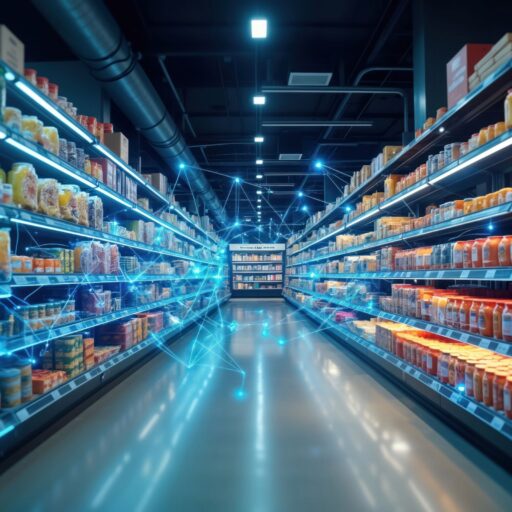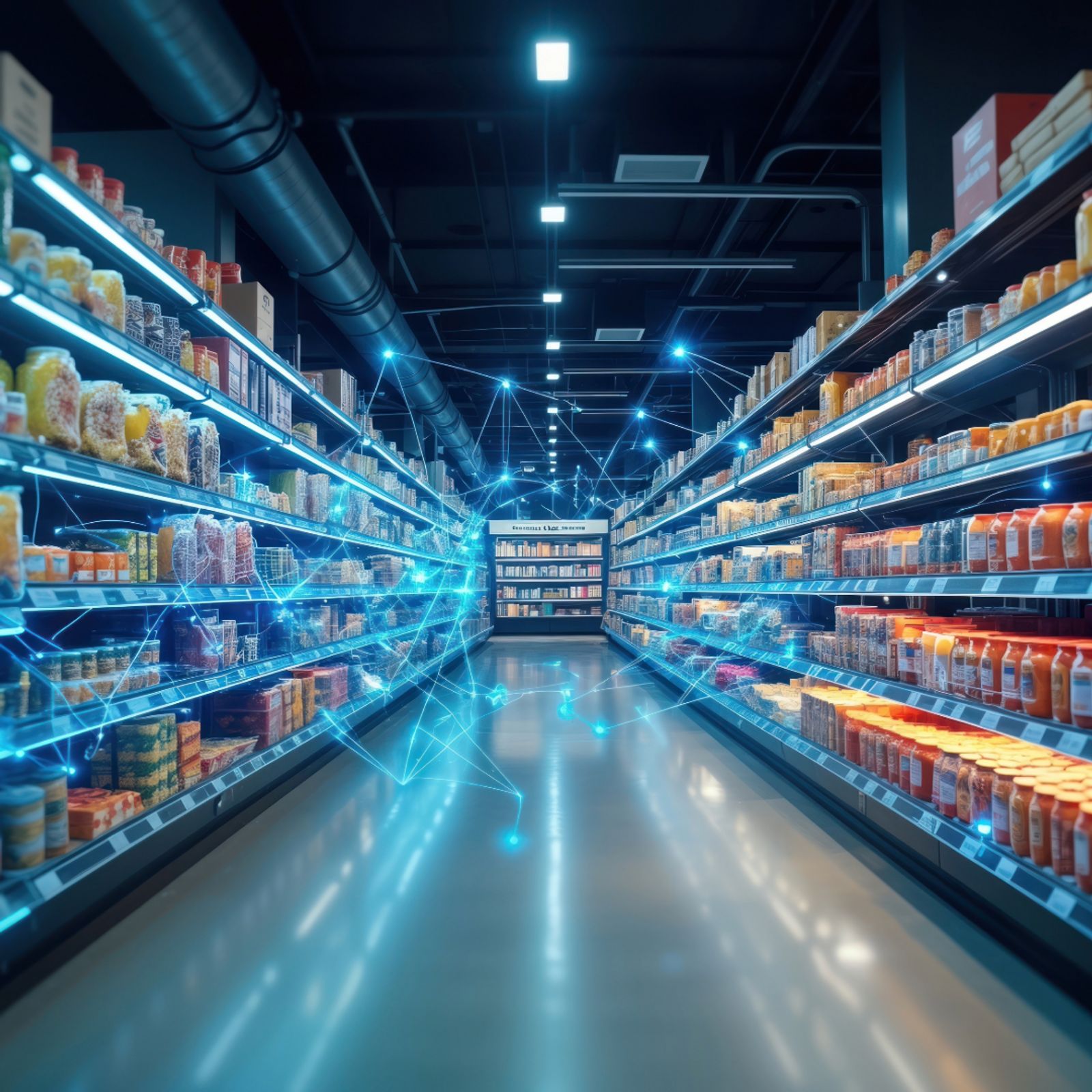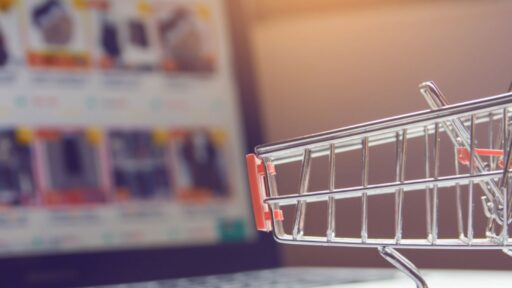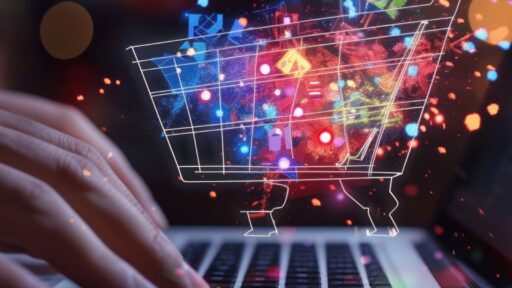5 CRM Automations for Specialty Retail That Save Time Every Week :
Specialty retail businesses rely on personalized service and strong customer relationships. Modern CRMs provide automations to streamline customer engagement, reduce administrative workload, and boost satisfaction. Here are five key automations that save several hours each week.
1. Automatic Post-Purchase Follow-Up
Fifteen days after a purchase, the customer receives an automated email from the CRM. This email suggests a complementary product based on their purchase. For example, a shoe buyer receives an email recommending insoles or leather care. The message also includes usage tips and a promo code to encourage a return visit. This personalized follow-up strengthens the relationship and generates additional sales without manual effort.
2. In-Store Notification for VIP Customer
When a VIP customer scans their loyalty card or logs into their account in-store, the CRM instantly sends an alert to the salesperson. The notification displays the purchase history, preferences, and last spent amount. The salesperson can greet the customer by name and offer VIP treatment, such as a free beverage or special discount. This attention enhances loyalty among the highest-value customers.
3. Automatic Customer Addition via Loyalty Form
Loyalty forms—whether physical at checkout or online—sync directly with the CRM via Zapier. As soon as a customer submits their details, the CRM creates a complete customer profile. Information includes name, email, purchase history, and product preferences. This eliminates manual data entry and ensures an up-to-date database. Marketing teams can then launch targeted campaigns immediately using real-time data.
4. Personalized Email for Birthdays or Local Events
The CRM tracks each customer’s birthday and local events, like neighborhood festivals or markets. A few days before a significant date, the CRM sends an automated email to wish a happy birthday or inform about a special promotion during a local event. This shows that the store is attentive and embedded in the community. By creating an emotional connection, this automation strengthens loyalty and encourages in-store visits.
5. Automatic Status Change to “Loyal Customer”
The CRM automatically calculates the number of purchases made in six months. Once a customer reaches three purchases, their status changes to “Loyal Customer.” This update triggers an email of thanks and activates exclusive perks: invitations to workshops, early access to new products, or special discounts. The “Loyal Customer” status can also display at checkout so the salesperson can adjust their pitch accordingly. This recognition values the buyer and encourages repeat business.
Recommended Integrations
Zapier to connect the CRM with POS systems, forms, and email platforms.
Google Sheets to export detailed reports and track segment performance over time.
Mailchimp to easily manage local email campaigns and newsletters.
Calendar (Google Calendar, Outlook) to schedule seasonal or event-based follow-ups and send automatic reminders.
Conclusion
With these five CRM automations, a specialty retail store can efficiently manage its customers and offer a seamless experience. Follow-ups, notifications, and personalized emails strengthen proximity and satisfaction. By automating these tasks, teams free up time to focus on advising, merchandising, and product development. Investing in a well-configured CRM becomes a strategic lever to sustain customer relationships and drive growth.












